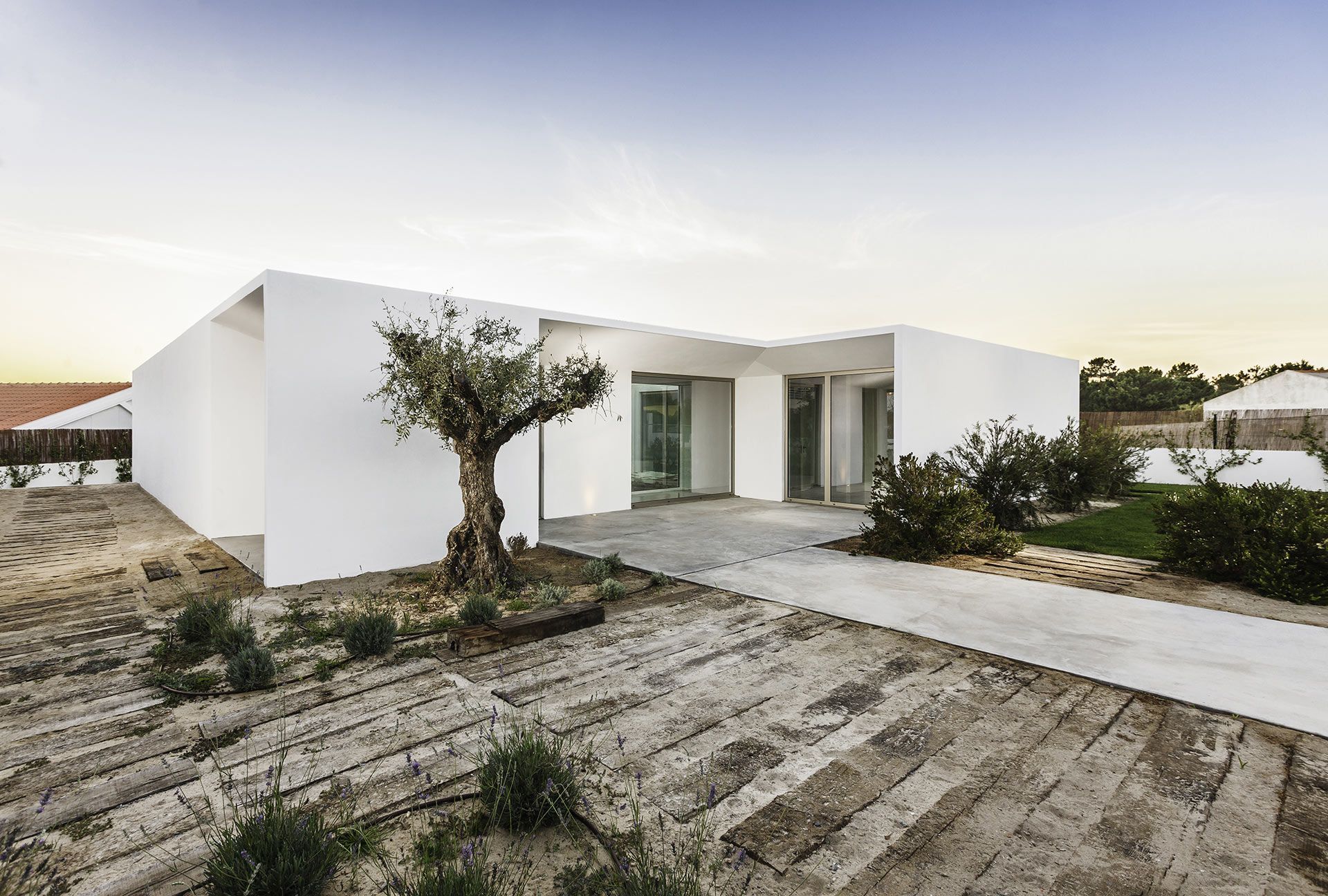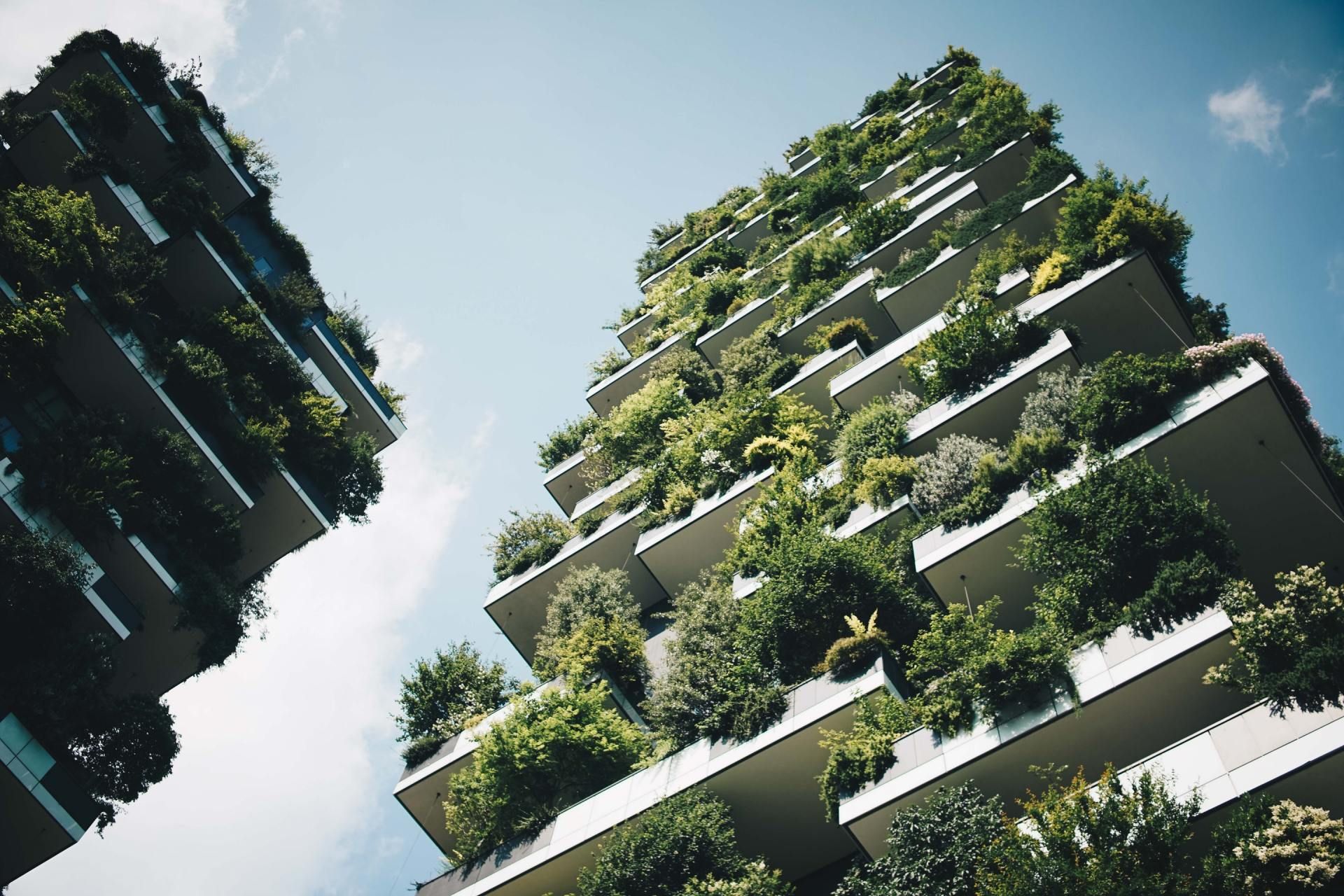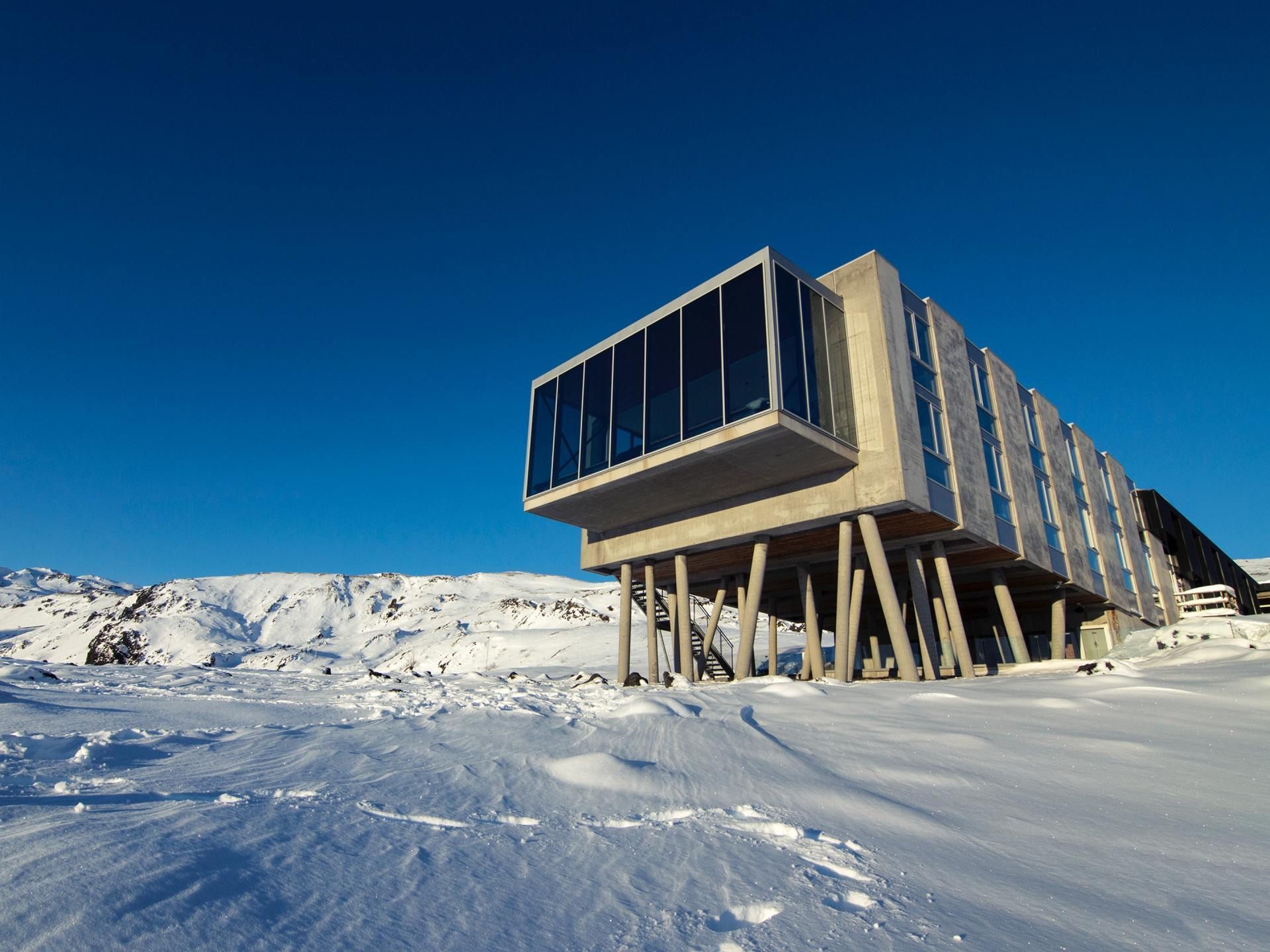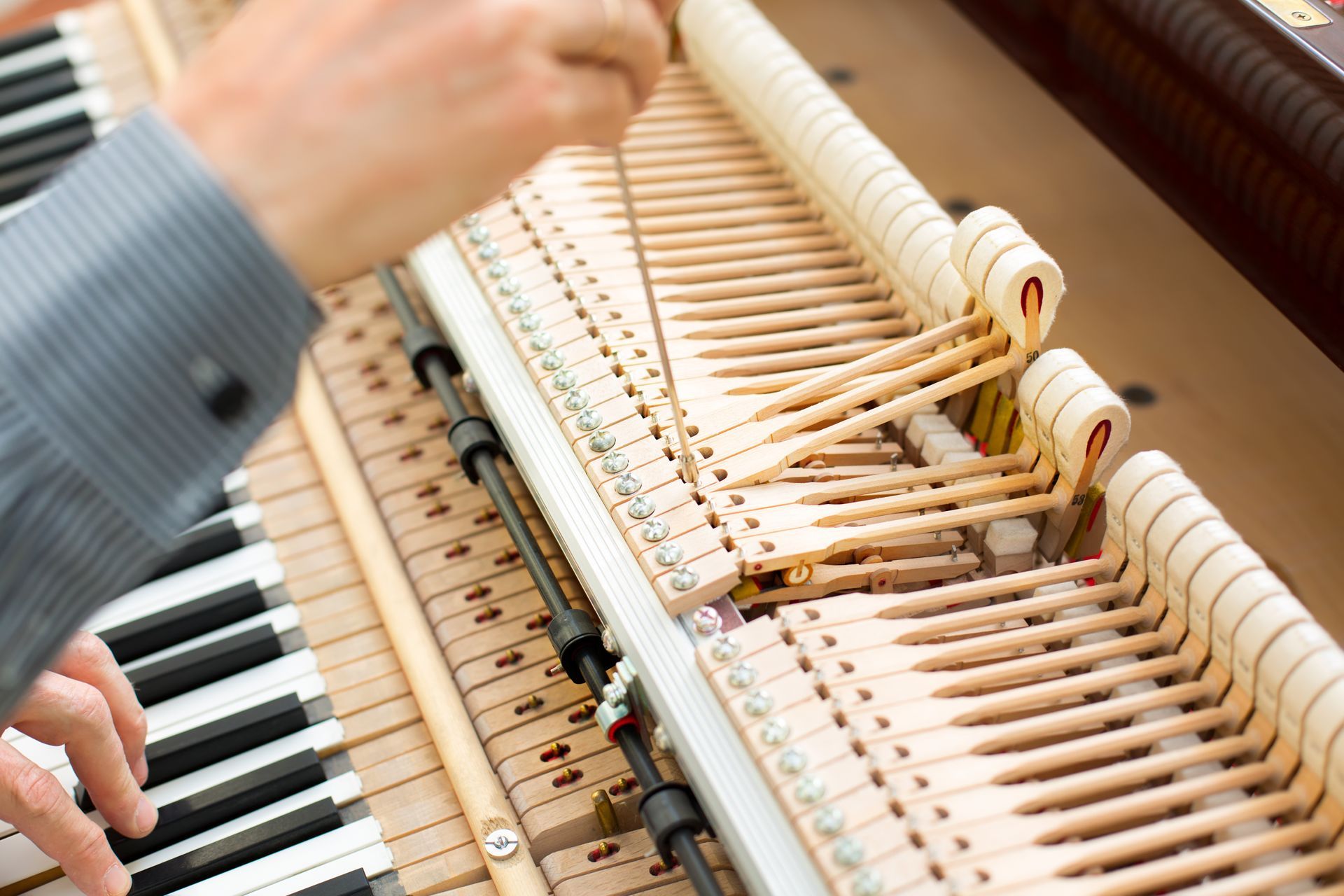How Humidity Affects Piano Tuning (And What You Can Do)
Wisconsin’s seasons are beautiful—but your piano might disagree.
Your piano is a finely tuned machine, but it’s also made largely of wood, felt, and metal—materials that are extremely sensitive to changes in humidity. If you’ve ever noticed your piano going out of tune quickly, or your keys becoming sticky or sluggish, chances are humidity is playing a big role.
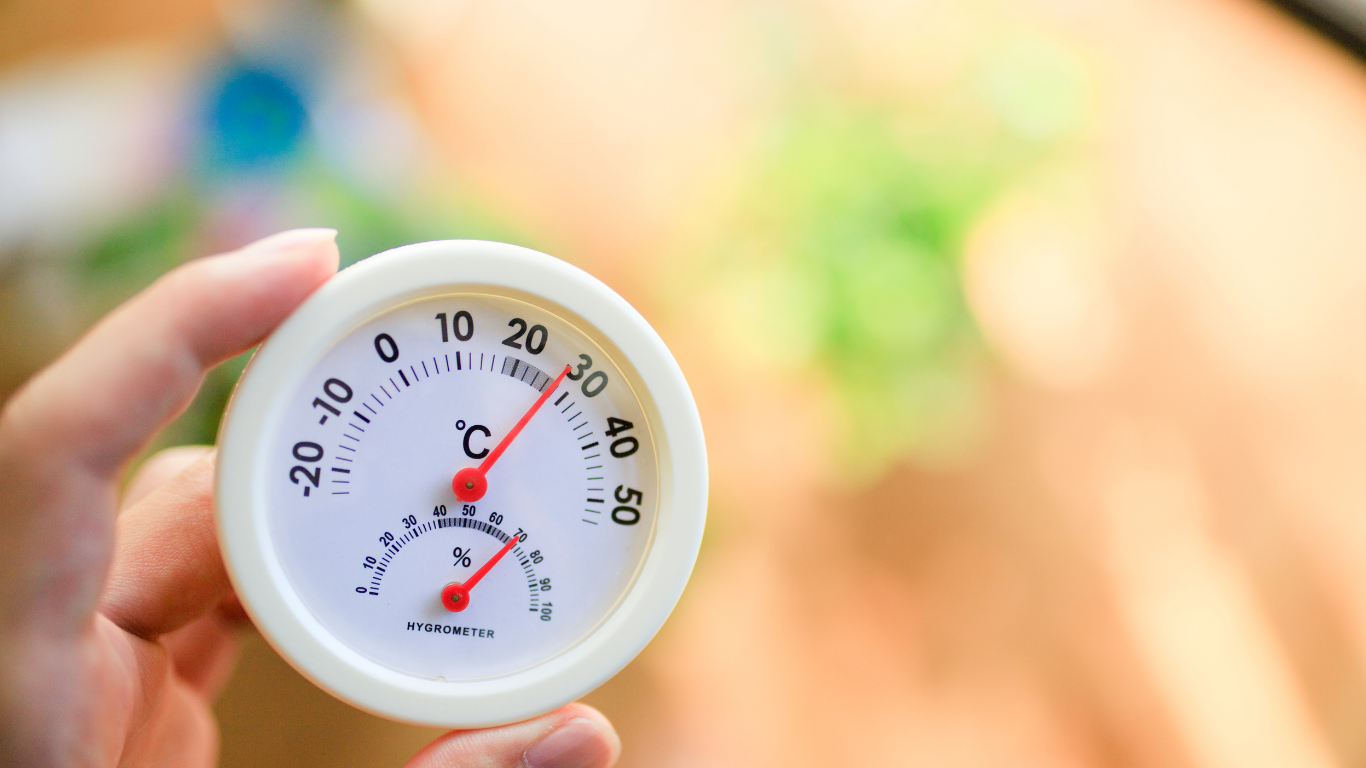
What Humidity Does to Your Piano
When humidity levels rise in the summer, moisture in the air causes wooden components to swell. In the winter, dry air causes them to shrink. These subtle but powerful shifts affect your piano in ways that impact sound, tuning stability, and overall performance.
Some of the most affected parts include:
- The soundboard – This wooden board amplifies the piano’s tone and is highly reactive to moisture changes. Even a small change in shape can drastically affect string tension.
- Action parts – Wooden hammers, wipens, and keys can expand or contract, causing friction or looseness.
- Felt components – Dampers and hammers may absorb moisture and behave inconsistently.
- Tuning pins – These can loosen in a dry season and shift more easily, causing pitch instability.
Common Humidity-Related Problems
If your piano is exposed to fluctuating humidity, you might notice:
- A piano that won’t hold its tuning
- Notes that sound
blurry, dull, or tinny
- Sticky keys that don’t return properly
- Cracks in the soundboard or case
- Loose tuning pins that affect pitch
- Worn or noisy pedals from wood expansion
Even if the piano sounds okay, repeated exposure to high or low humidity over time will lead to costly wear.
How to Tell If Humidity Is the Problem
Here are a few signs that humidity might be affecting your piano:
- The piano is regularly going out of tune
between seasons
- It sounds
sharp in the summer and
flat in the winter
- The tone feels
inconsistent from day to day
- Keys feel heavier, stickier, or “clunky”
- You hear
rattling or buzzing in previously smooth areas
- You’ve noticed
visible warping or cracks on wooden parts
How to Protect Your Piano from Humidity
Humidity problems are preventable with a few practical steps:
1. Use a Hygrometer
A hygrometer is a small device that measures the humidity level in your piano room. Ideally, you want to keep your piano in an environment between 40%–50% relative humidity year-round.
2. Control the Room Climate
Using a central HVAC system, portable humidifier/dehumidifier, or even just keeping your piano in a well-insulated interior room can help regulate moisture levels.
3. Avoid Problematic Placement
Don’t place your piano near windows, radiators, fireplaces, or air vents. These spots are notorious for fluctuating temperature and moisture.
4. Install a Piano Life Saver System
This system is a game-changer for piano longevity. It’s installed inside the piano and automatically regulates internal humidity with a combination of humidifier and dehumidifier components. Especially in places like Wisconsin, where seasons vary wildly, this system provides peace of mind.
5. Schedule Regular Service
Having a technician inspect and tune your piano at least once or twice a year helps catch humidity-related issues early and keep everything in balance.
Client Story
“He doesn’t just tune your piano—he teaches you about it. Bill is the real deal.”
— Mark S., Minocqua, WI
“Our piano kept going out of tune every winter and we couldn’t figure out why. Bill explained how humidity was affecting the soundboard and helped us install a Life Saver system. We’ve barely had to tune it since!”
— Nancy R., Eagle River, WI
“He doesn’t just tune your piano—he teaches you about it. Bill is the real deal.”
— Mark S., Minocqua, WI
“Our piano kept going out of tune every winter and we couldn’t figure out why. Bill explained how humidity was affecting the soundboard and helped us install a Life Saver system. We’ve barely had to tune it since!”
— Nancy R., Eagle River, WI
When to Take Action
Start by observing your piano’s behavior as the seasons change. If you notice consistent pitch drift or mechanical issues that seem to appear in the summer or winter, it’s time to take a closer look.
Most importantly:
Don’t wait until damage occurs. Preventing humidity damage is far easier—and far cheaper—than repairing it.
In Summary
Humidity affects every piano, no matter the age, brand, or usage. The good news? You have options. By maintaining stable moisture levels and addressing seasonal shifts proactively, your piano will sound better, feel better, and last longer.
If you’re not sure where to start, I’m happy to evaluate your piano and make recommendations that suit your space and budget.
